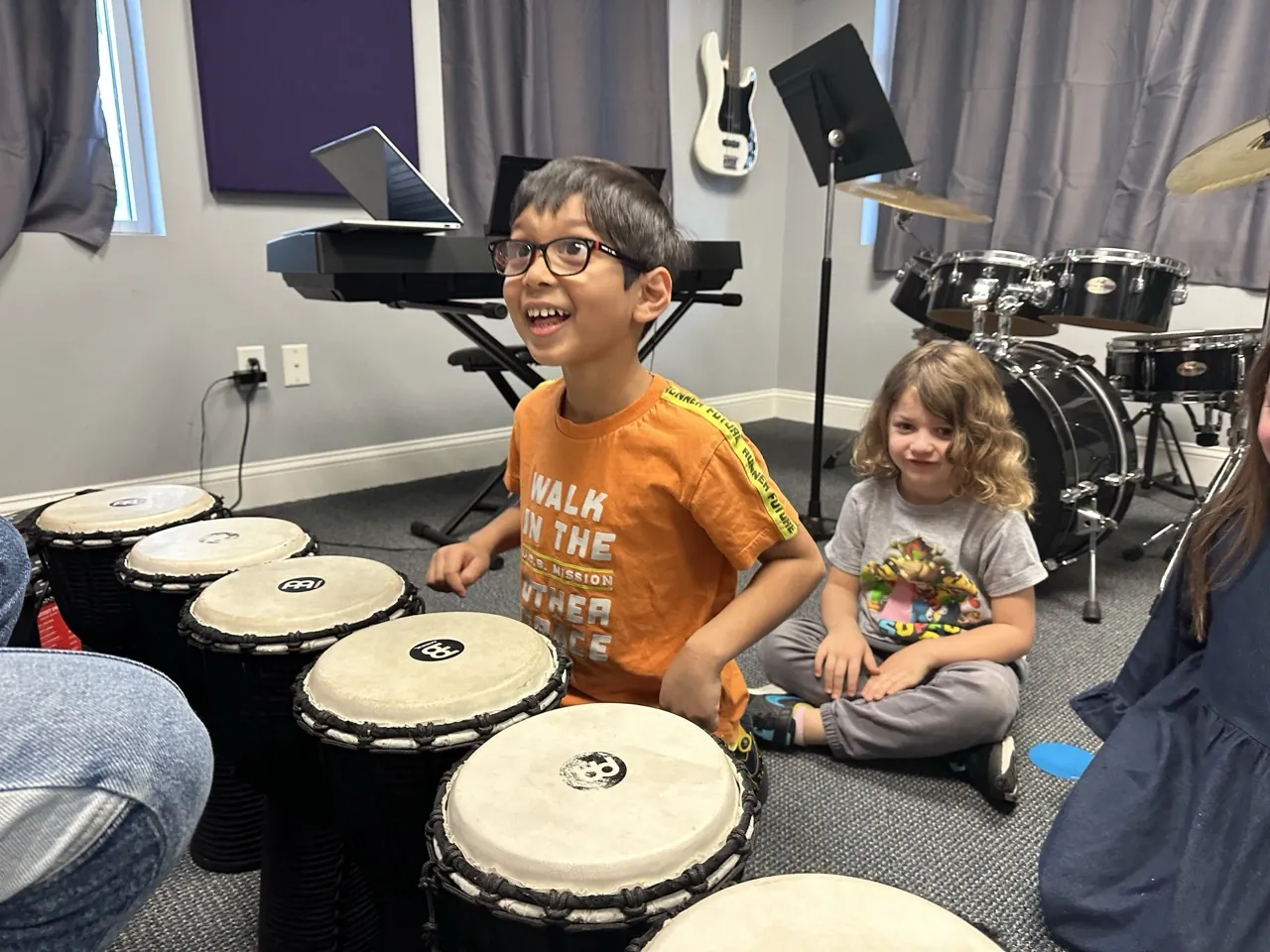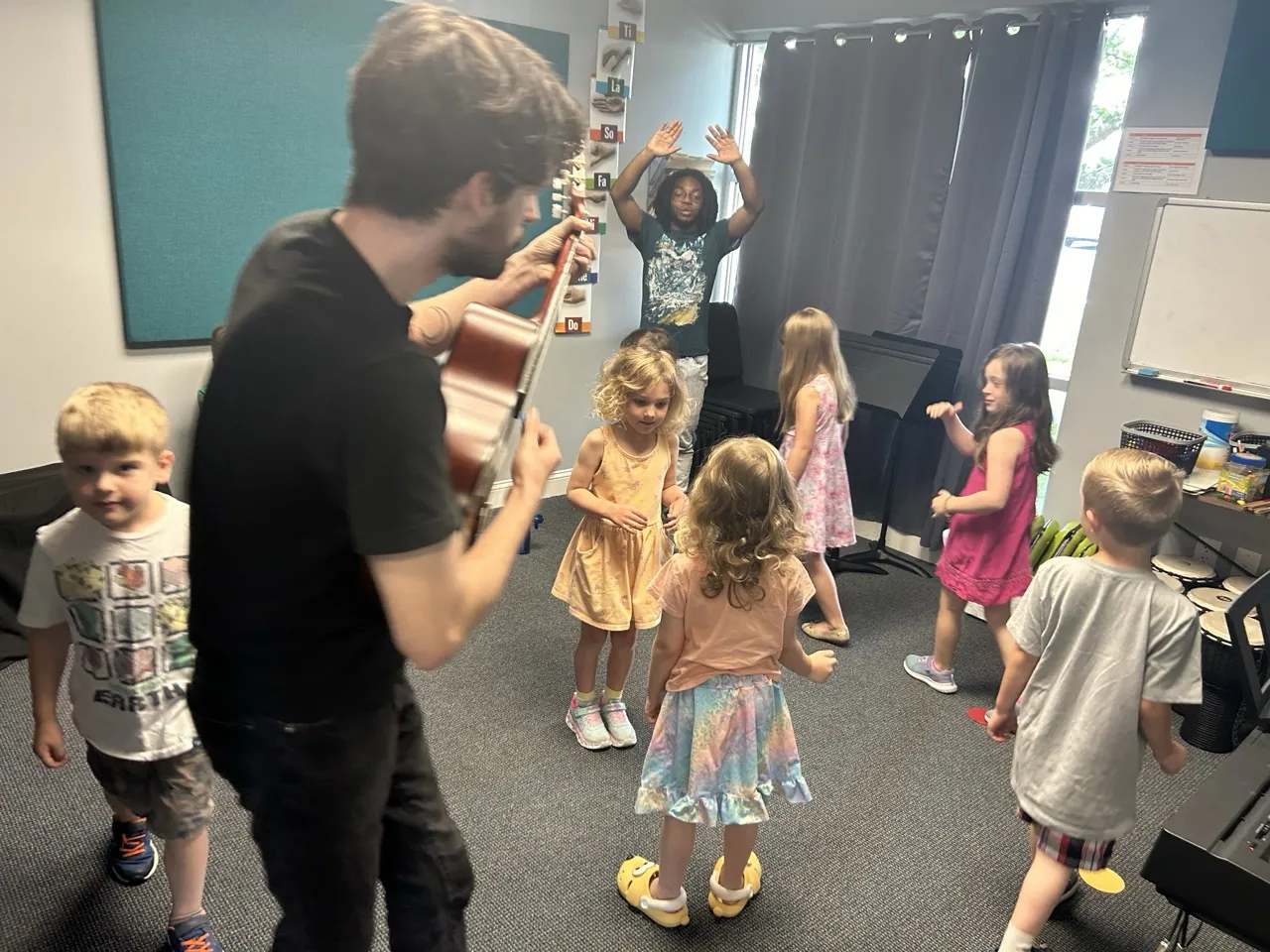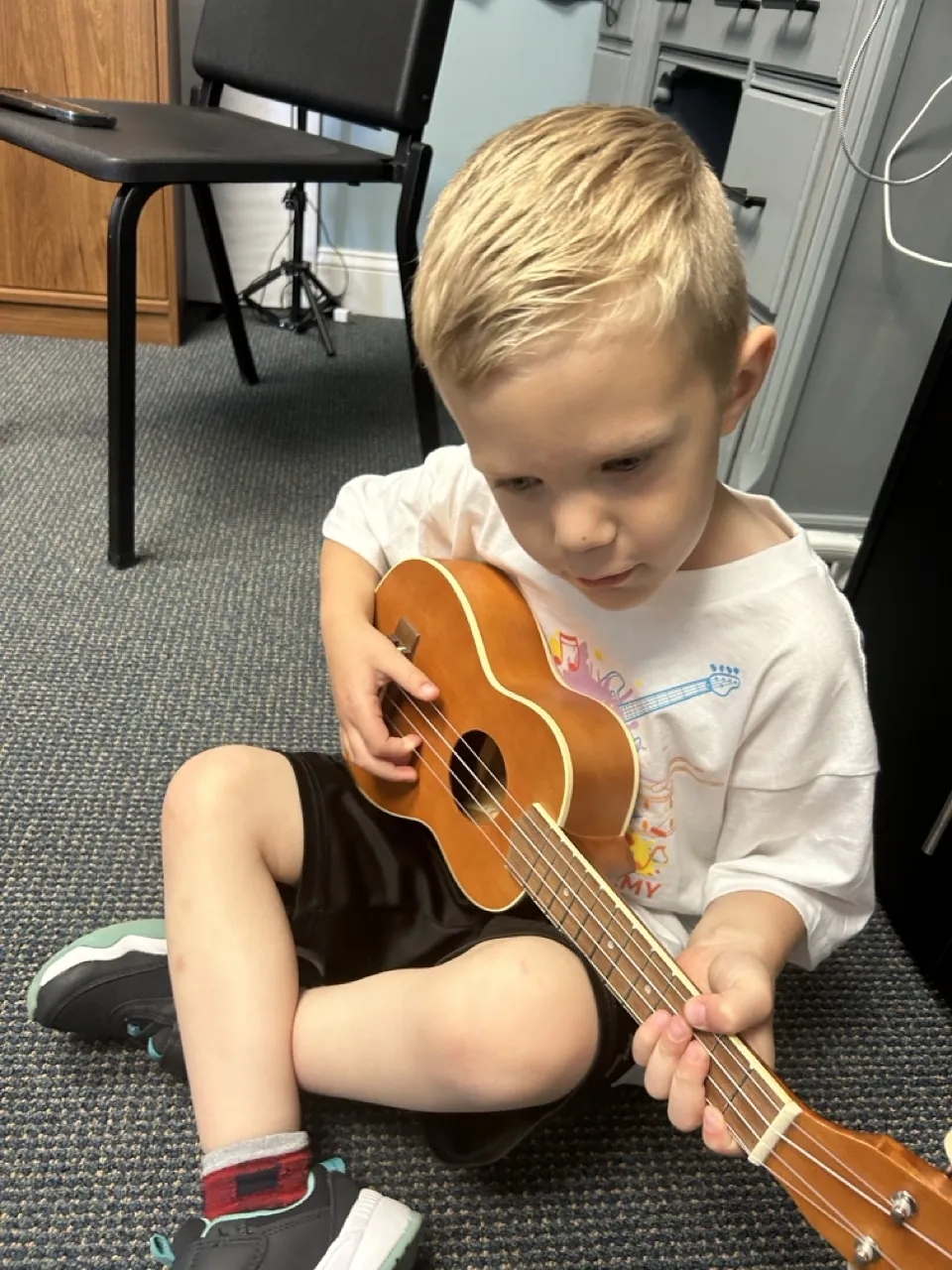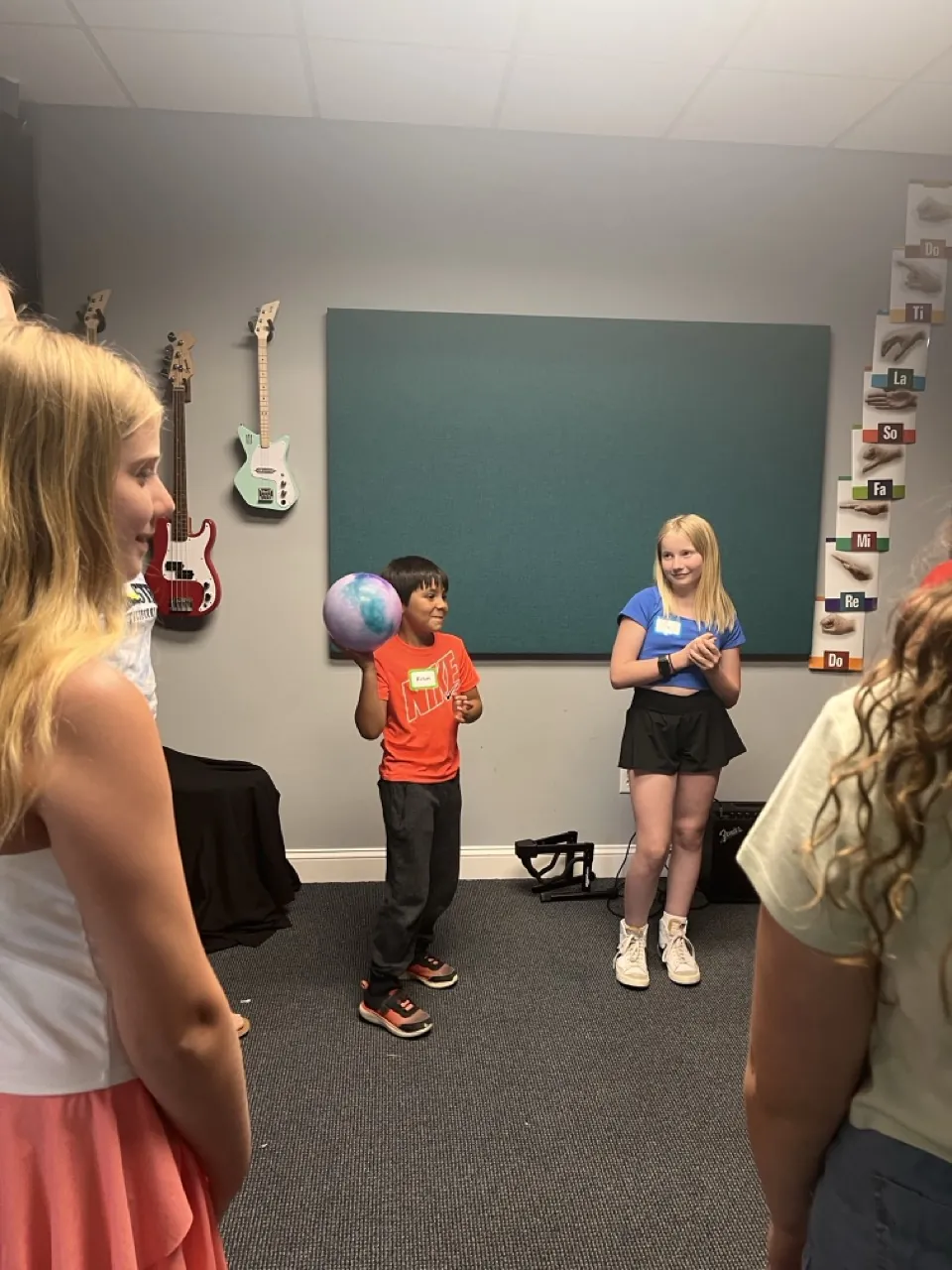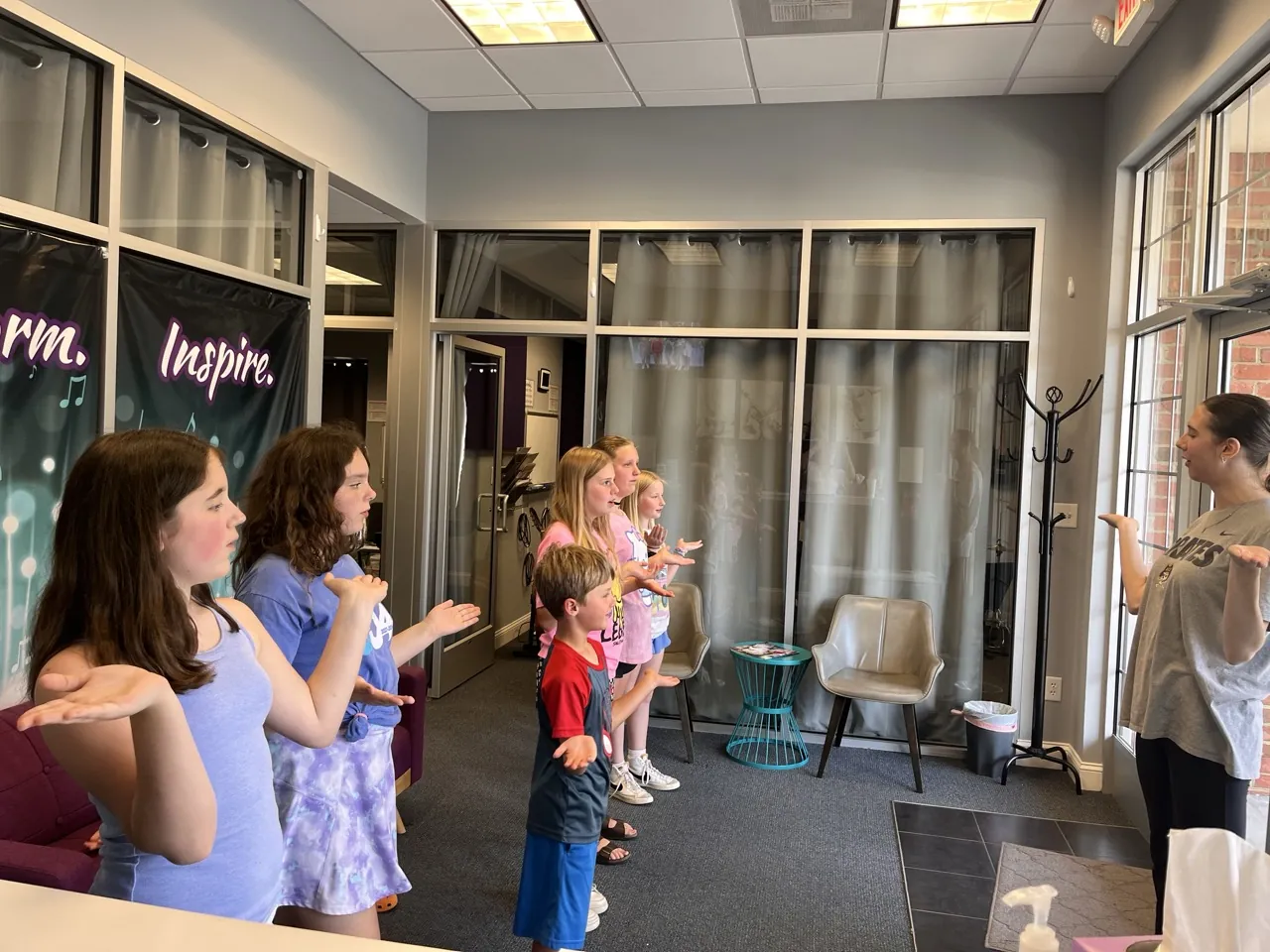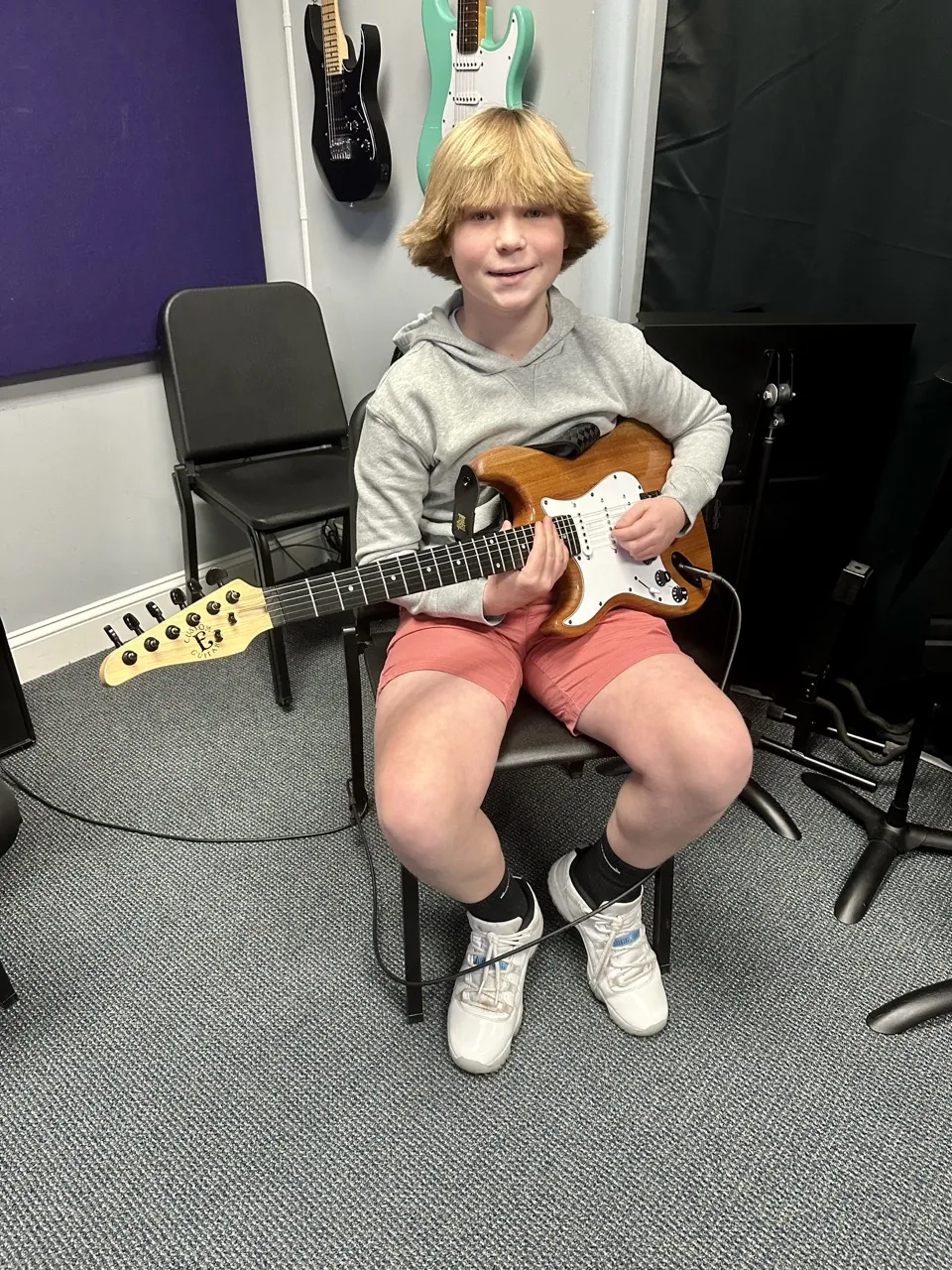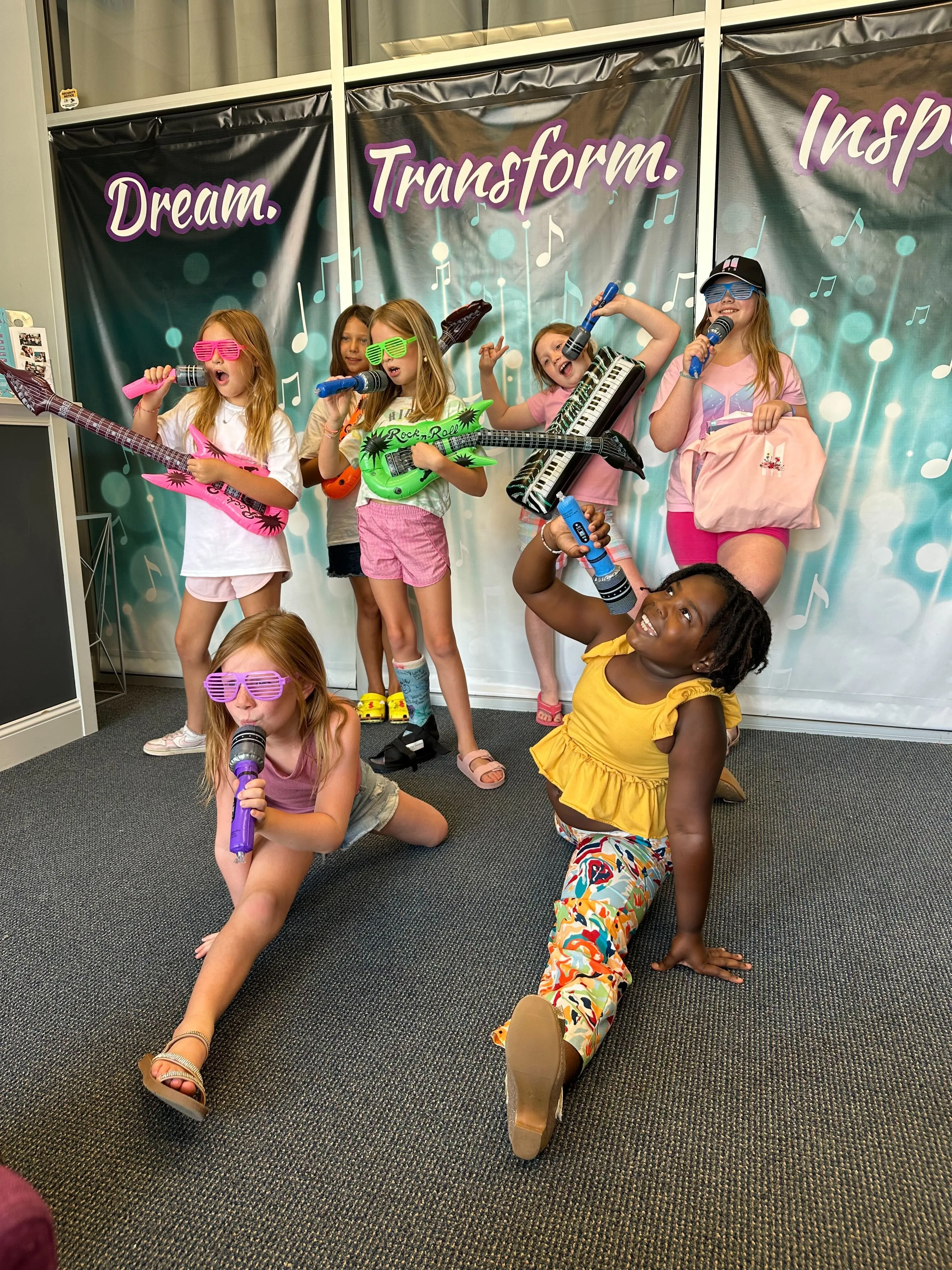At this age, everything is an adventure! Young children naturally explore music through movement, simple instruments, and their voices.
Playful Practice Ideas:
- Turn cleanup time into a rhythm game by creating patterns with toy drums
- Play "musical statues" to develop listening skills
- Use stuffed animals for an imaginary audience during song practice
- Create sound effects for favorite storybooks

